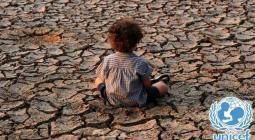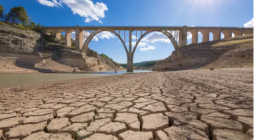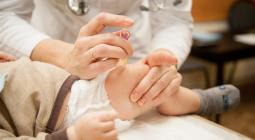Nearly half of world’s children at ‘extremely high risk’ of climate change impacts, Unicef report says
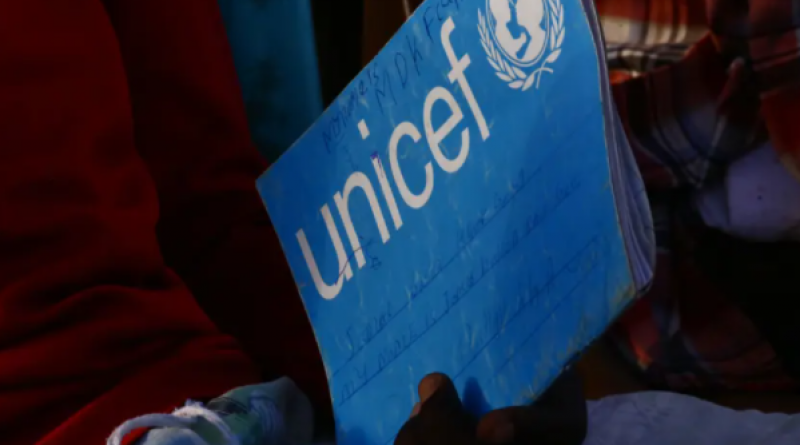
Report is the first comprehensive analysis of climate risk from a child’s perspective
Close to a billion children live in one of the 33 countries most at risk of the impacts of the climate crisis, finds a new report launched by Unicef in collaboration with youth activists including Greta Thunberg on the third anniversary of the Fridays For Future climate strike movement.
According to the report, people living in countries including the Central African Republic, Chad, Nigeria, Guinea, and Guinea-Bissau are at “extremely high-risk” with climate change threatening their health, education, protection, as well as exposing them to deadly diseases.
The report, entitled “The Climate Crisis Is a Child Rights Crisis: Introducing the Children’s Climate Risk Index”, is the first comprehensive analysis of climate risk from a child’s perspective.
In the report, experts ranked countries based on children’s exposure to climate and environmental shocks, such as cyclones and heatwaves, as well as their vulnerability to those shocks, based on the access they have to essential services.
People living in the 33 countries that are at extreme risk face a deadly combination of exposure to multiple climate and environmental shocks with a high vulnerability due to inadequate essential services like water, sanitation, healthcare, and education, the report finds.
While these countries suffer the worst impact, the report says they collectively emit just 9 per cent of global CO2 emissions.
With nearly half the world’s 2.2 billion children affected by climate change, the figures are likely to get worse as the impacts of the global crisis accelerate, the UN experts warn.

“For the first time, we have a complete picture of where and how children are vulnerable to climate change, and that picture is almost unimaginably dire,” Henrietta Fore, Unicef’s executive director, said in a statement.
“Climate and environmental shocks are undermining the complete spectrum of children’s rights, from access to clean air, food and safe water; to education, housing, freedom from exploitation, and even their right to survive. Virtually no child’s life will be unaffected,” Ms Fore added.
She said Unicef supports the calls for change from the youth activists with an unarguable message – “the climate crisis is a child’s rights crisis.”
The report warns that a billion children around the world are exposed to exceedingly high levels of air pollution, and over 900 million are extremely vulnerable to water scarcity.
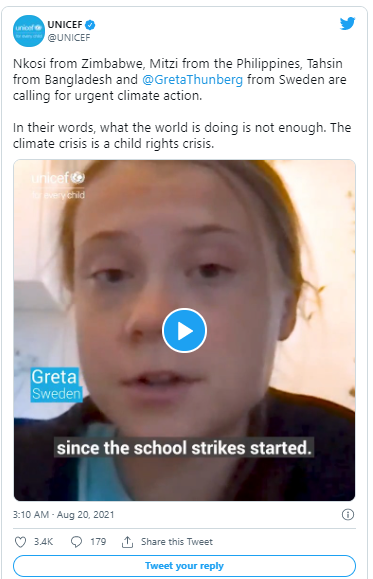
According to the Children’s Climate Risk Index (CCRI), between 240 and 820 million children are highly exposed to different kinds of environmental shocks, including coastal flooding, cyclones, vector borne diseases, and heatwaves, with a third of the world’s children living in areas where four of the shocks combine.
It warned that the worst affected countries face multiple and “often overlapping shocks”, which could erode development progress and deepen child deprivations.
“Climate change is deeply inequitable. While no child is responsible for rising global temperatures, they will pay the highest costs. The children from countries least responsible will suffer most of all,” Ms Fore said.
While children require more food and water per unit of their body weight compared to adults, they are less able to survive extreme weather events, and are more susceptible to toxic chemicals, temperature changes and diseases, among other factors, the experts say.
“But there is still time to act. Improving children’s access to essential services, such as water and sanitation, health, and education, can significantly increase their ability to survive these climate hazards,” Ms Fore added.
Unicef called on governments and businesses to invest in climate adaptation and resilience in key services for children.
“To protect children, communities and the most vulnerable from the worst impacts of the already changing climate, critical services must be adapted, including water, sanitation and hygiene systems, health and education services,” it noted in a statement.
The UN body urged countries to cut their greenhouse gas emissions by at least 45 per cent compared to 2010 levels by 2030 to keep global warming to no more than 1.5 degrees Celsius.
And it called on governments and businesses to include young people in all national, regional and international climate negotiations and decisions, including at COP26 in Glasgow.
“Children and young people must be included in all climate-related decision making,” Unicef said, adding that the post-pandemic economic recovery must be green, low-carbon and inclusive.
21 August 2021
INDEPENDENT

